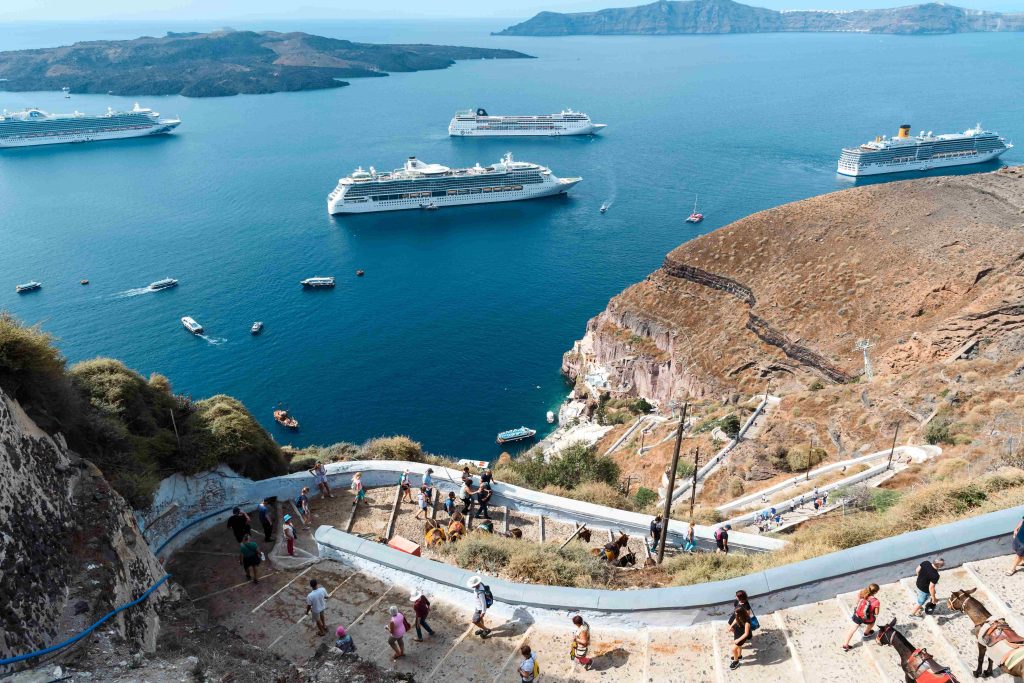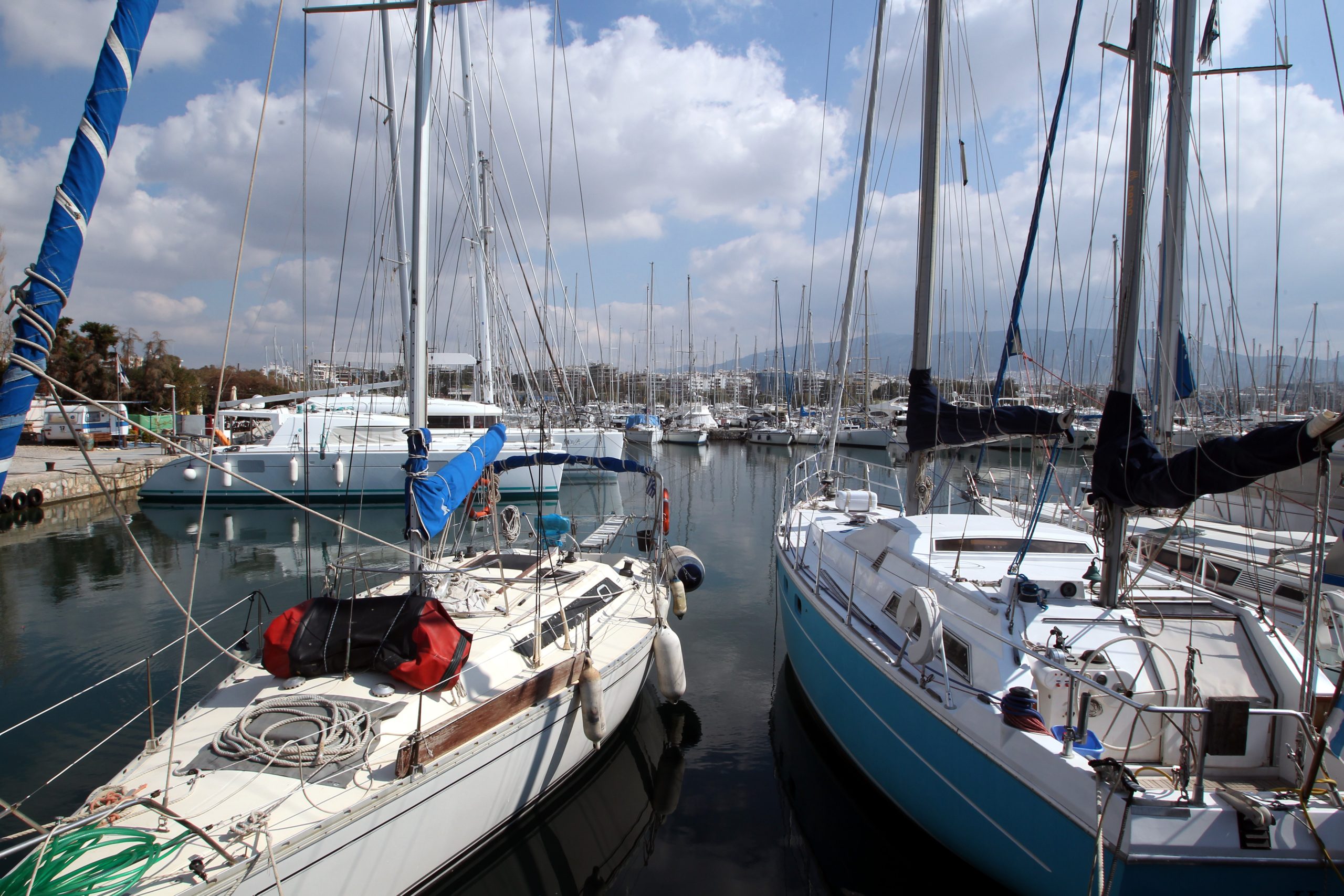In the past three years, Greece has become a top Mediterranean destination for large yachts, but a lack of marina infrastructure and berthing spots leaves many vessels without docking space. Despite strong investment interest, delays in the development of new marinas persist, exacerbated by bureaucratic hurdles and regulatory constraints.
Since 2019, the process of establishing new marinas has become increasingly complex due to new legislation requiring an excessive number of approvals. Combined with a shortage of human resources, this has further slowed the implementation of essential investments. As a result, many yachts struggle to secure berths, hindering Greece’s potential to capitalize on its booming maritime tourism sector.
A revealing study titled “Proposals for the Development of a Network of Tourist Ports in Greece” was presented at an event hosted by the Hellenic Marinas Association, on March 31. The study was hailed by participants as a vital tool for the expansion of marinas and tourist ports, aiming to increase the availability of berthing spots across the country.
The assessment covered 60 regional units and 191 municipalities, of which 40 were identified as priority areas for marina development, with Central Corfu and the Diapontian Islands ranking first. The top five also included Skiathos, Mykonos, Piraeus, and Lefkada.
Tourism Minister Olga Kefalogianni highlighted the government’s commitment to improving marina infrastructure, citing a flagship project with a budget of 139 million euros, aiming to upgrade tourist ports through digitalization, environmental improvements, and enhanced accessibility and functionality.
During the event, Stavros Katsikadis, President of the Greek Marinas Association, emphasized the significant economic impact of marina development. According to him, every 100 berths create six direct and 100 indirect jobs.
Furthermore, the International Council of Marine Industry Associations estimates that for every 1 euro spent on berthing fees, an additional 5 to 10 euros is injected into the economy through fuel purchases, repairs, maintenance, wages, and local services.
Most speakers at the event attributed the slow development of marinas to excessive bureaucracy and a lack of investment incentives. Katsikadis stressed the urgent need for streamlined licensing procedures, fewer regulatory bodies, and centralized coordination to attract more investors and expedite marina expansion.




